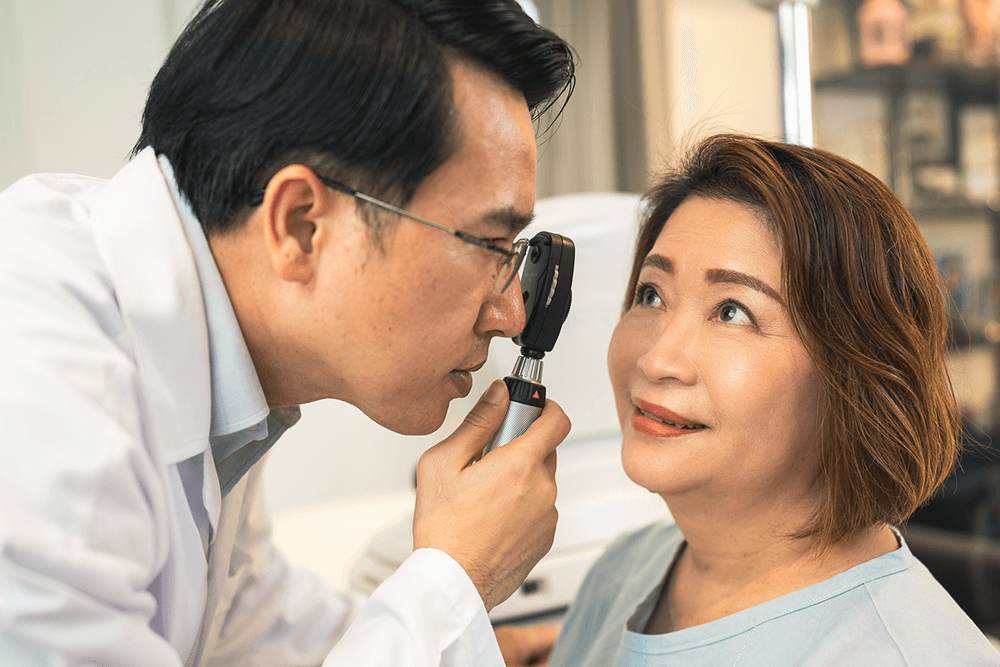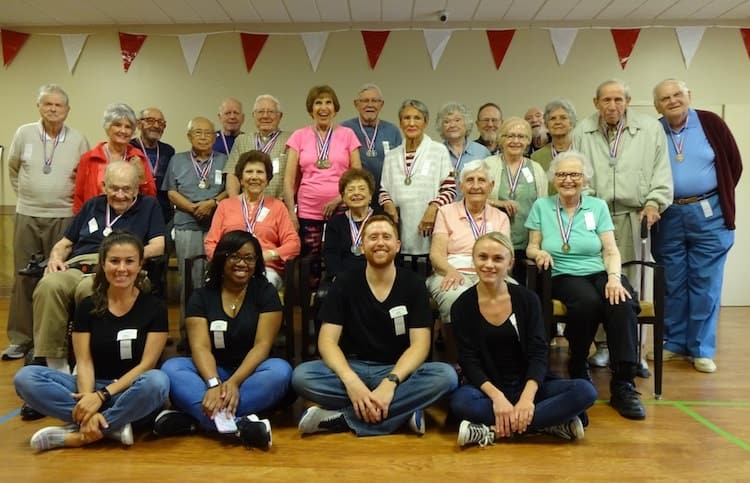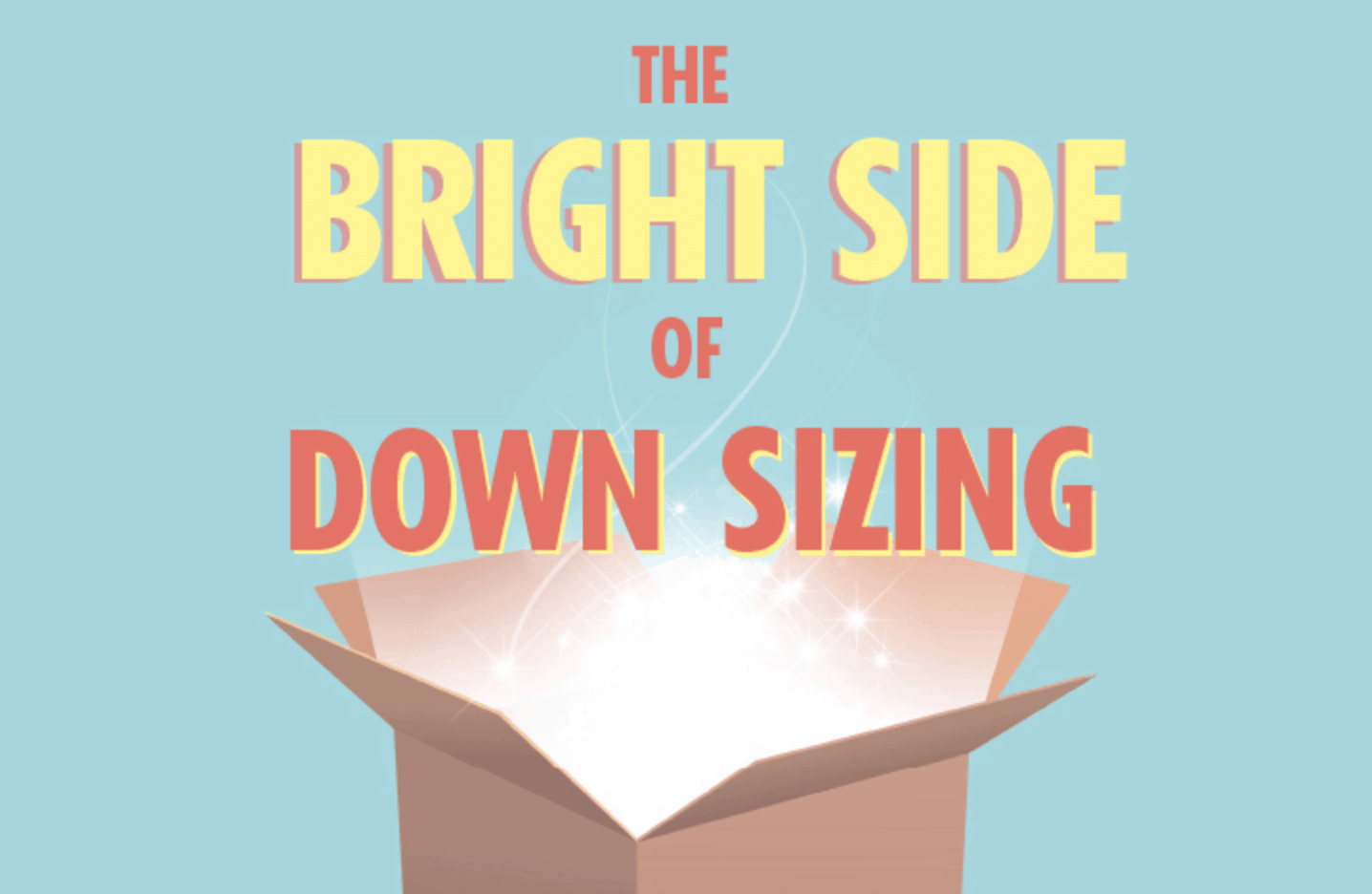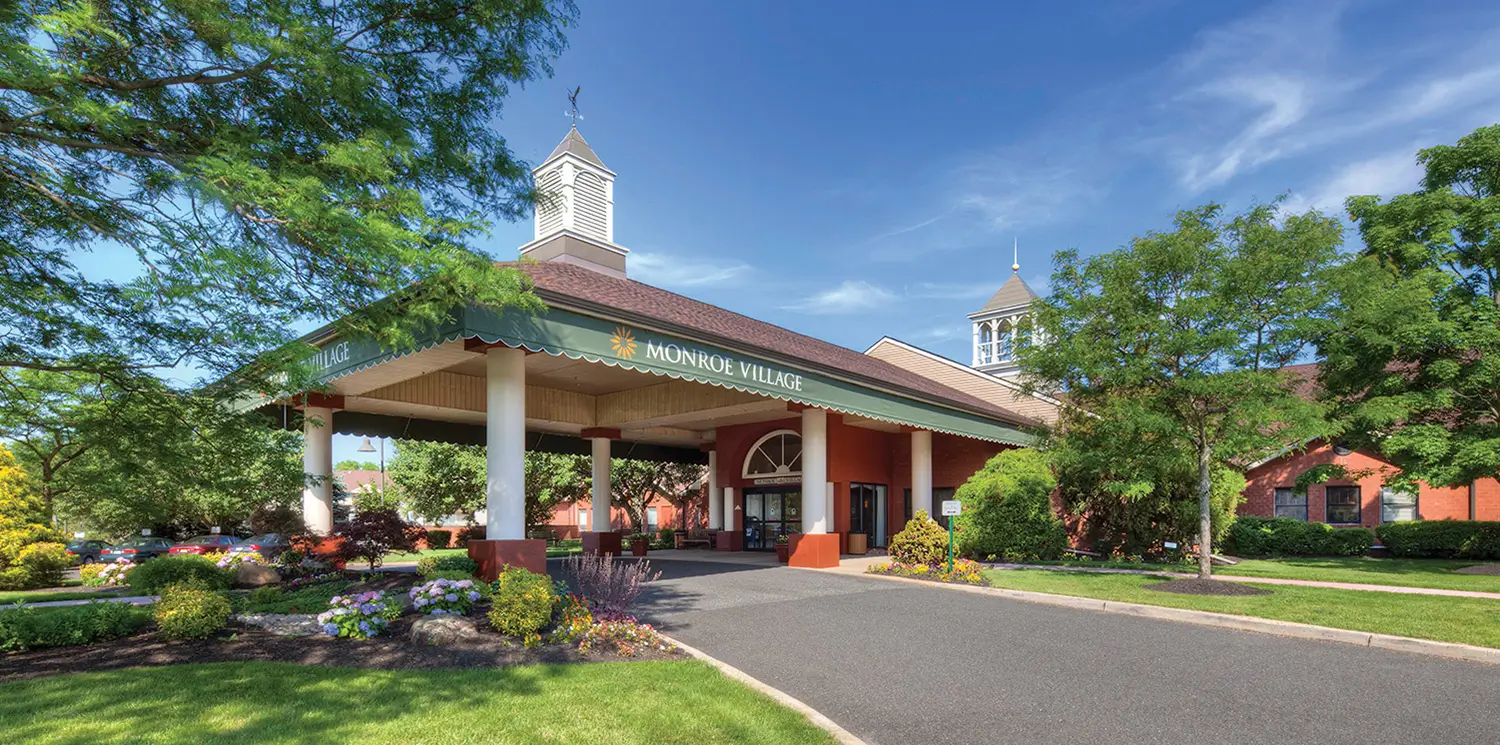How Our Eyes and Vision Change as We Age
June 6, 2024
Understanding how our eyes and vision change as we age can give us the tools to slow down or even stop vision loss.
The very first step, of course, is to schedule regular eye exams. Experts recommend people over 50 get a yearly dilated eye exam no matter how good their vision may seem.
These exams can help us stay on top of normal vision changes that come with age by providing the correct prescription or treatment needed to maintain eye health and navigate everyday life efficiently. Even more importantly, regular eye exams are the best way to catch eye diseases or conditions before they cause long-term damage.
Age-Related Vision Challenges
Let’s look at how our eyes and vision change as we age. The most common age-related vision issues affecting senior health include:
- Dry eyes: A feeling of scratchy, burning, itchy eyes, or leaking tears, often due to a tear duct being infected or blocked.
- Cataracts: Cloudy patches from the breakdown of fibers and proteins in the eye’s lens that cause hazy vision. Some cataracts remain small and don’t impair vision, while others can block vision completely.
- Temporal arteritis: A life-threatening disease from inflammation and injury to blood vessels in the scalp, head, or neck, which causes vision loss, headaches, jaw pain, and fever.
- Presbyopia: A diminished ability to auto-focus up close, due to loss of elasticity as the eye ages. The lens stops focusing on light properly within the retina, causing blurry vision.
- Macular degeneration: The loss of central vision, which humans rely on to see objects in sharp focus. Often genetic, this disease can severely restrict vision without treatment. Dry macular degeneration causes the central portion of the retina to deteriorate slowly. Wet macular degeneration is when blood vessels leak under the retina, causing a vision change.
- Glaucoma: Glaucoma is fluid pressure that builds up inside the eye, leading to partial or total vision loss. Eye specialists can only spot glaucoma during a dilated eye exam.
- Diabetic retinopathy: A complication of diabetes, this slowly developing disease damages blood vessels in the eye, causing dark spots, floaters, blurriness, and eventual blindness. It is only caught through a dilated eye exam.
- Low vision: A term doctors use when glasses, contacts, medication, or surgery cannot fix the problem. People with age-related low vision have issues performing everyday tasks like reading, recognizing faces, cooking, or grooming. The only treatment for low vision is to increase light brightness and use magnifying devices.
Age-Related Vision Solutions
Depending on the condition, treatment for these conditions may require taking extra vitamins, using medicated eye drops, or having surgery for cataracts or blocked tear ducts. In addition, oral medication can slow down the progression or control glaucoma, macular degeneration, and other optic diseases.
It’s important to note that even small changes in sight can increase your risk for falls and injuries — and take away from your quality of life. That’s why it’s so important to use the proper prescription glasses or contact lenses.
Once you have a plan, make sure to follow it closely. Skipping medication or treatments can lead to permanently impaired vision and loss of quality of life. You’ll also want to discuss any medications you’re taking with your primary care doctor and/or with your ophthalmologist or optician. Many medicines have side effects that cause vision problems that could be averted by switching to a different medication.
Senior Health and Protecting Your Eyes
Great eyesight is easier to maintain when the rest of your body is healthy. Some of the following might be easier said than done — and that’s true at any age — but even small changes can play a big role in improving both your general and eye health.
- See your primary healthcare provider yearly to check for conditions that could contribute to vision loss, like diabetes and high blood pressure.
- Keep blood pressure and cholesterol under control.
- Diabetic management.
- Quit smoking.
- Maintain a healthy weight.
- Stay physically active.
- Eat a well-balanced, nutritious diet.
- Reduce alcohol intake.
- Wear UV-protection sunglasses when outdoors.
- Take an “eye break” when reading, using the computer, or watching TV (look across the room for 30 seconds).
But the most important thing you can do is to see your eye doctor regularly.
Seeing fine doesn’t mean that everything is fine. How our eyes and vision change as we age is a fact of life. A dilated eye exam by an eye care professional is the only way to find some eye diseases while they’re still easy to treat — and before they cause vision loss.
Everything you value most today—time for yourself, meaningful activity, personal independence, and days filled with options—is waiting for you at Monroe Village. Contact us to schedule a visit to our Life Plan Community in Monroe Township, NJ.




